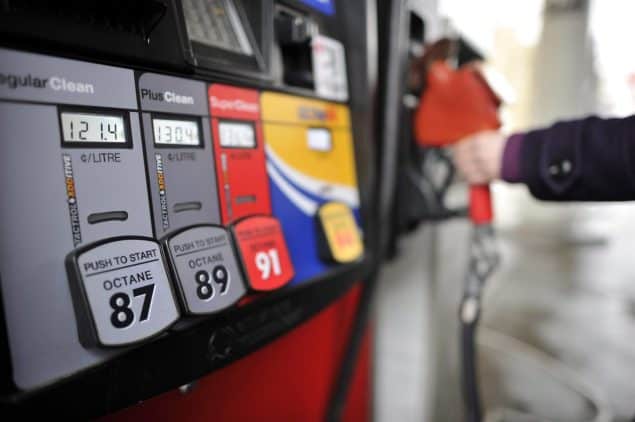If you need proof that things aren’t always as they appear, or that you shouldn’t believe everything you read or hear from a politician – this report is for you.
Just look at the latest U.S. inventory report, and focus in on the crude oil numbers, which show an increase of 16 million barrels. At first blush this should trigger a free fall in crude oil futures because this puts crude at 8% above the 5-year average.
But it didn’t happen.
Why?
First, there was draw from the Strategic Petroleum Reserve (SPR), which artificially swelled commercial levels. Then the U.S. government mumbled that the crude numbers were a result of… wait for it… a “data adjustment,” which sounds to me more like, “we made a mistake!”
They also forgot to point out that the SPR is now at a 40-year low. Let us not forget that the purpose of the SPR is to protect the U.S. (and by economic osmosis Canadian consumers also) from elevated pump prices due to a cut off in crude supply.
Traders should also look at refinery runs, which are now down to 87% capacity.
Throw this all in the, “thought pot,” and no wonder crude levels are up. Refiners don’t need the crude, and the U.S. commercial crude tanks are being siphoned from their own reserve tanks. Pump and rack prices, in some parts of this country, are based on Brent crude, the global bench marker, and again, things aren’t what they seem there as well.
Most of us are aware that the EU and G7 have placed sanctions, bans, and caps on Russian crude and refined products. The proviso being that all this policing does not interfere with the process and supply of crude.
Tough talk if everyone is listening.
But apparently not!
India, the second largest consumer of refined products, apparently wasn’t on the mass email list. Last month alone India imported Russian crude, refined it, and then exported 89,000 bpd of gasoline and diesel into the welcoming arms of the New York Harbor supply hub, and 172,000 bpd of diesel into the EU community with not a peep of dissent from either buyer.
Perhaps instead of “data adjustments” we need an attitude adjustment from both the seller and the buyer.
But some politicians seem to have their mute buttons on.
So, taking the above into consideration, can you believe what you hear from climate change politicians?
– Roger McKnight – B.Sc., Senior Petroleum Analyst








Add comment